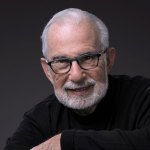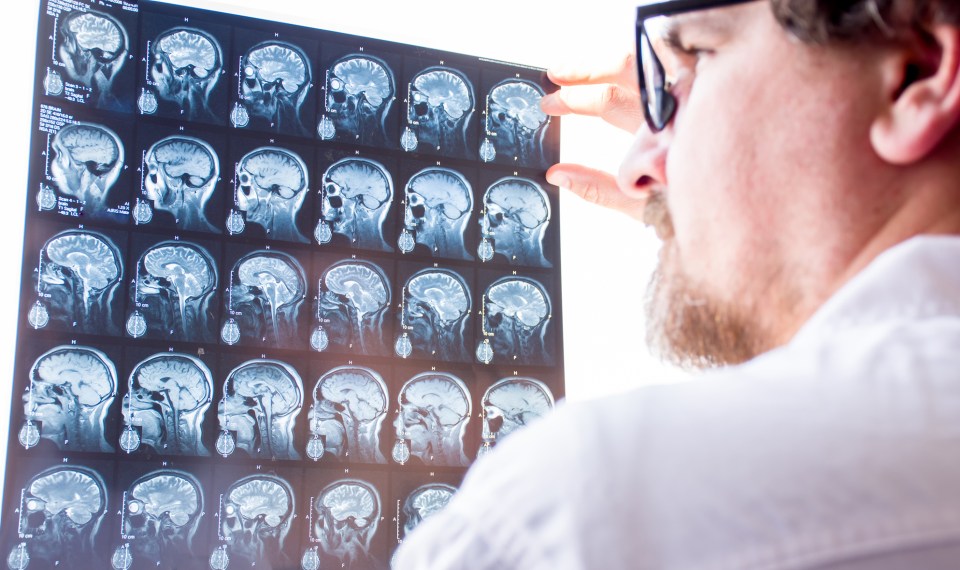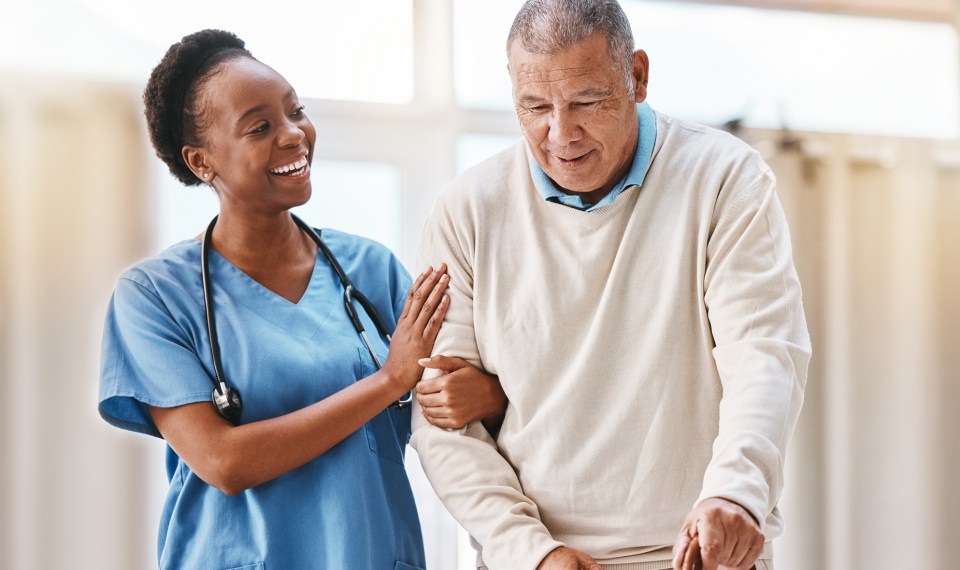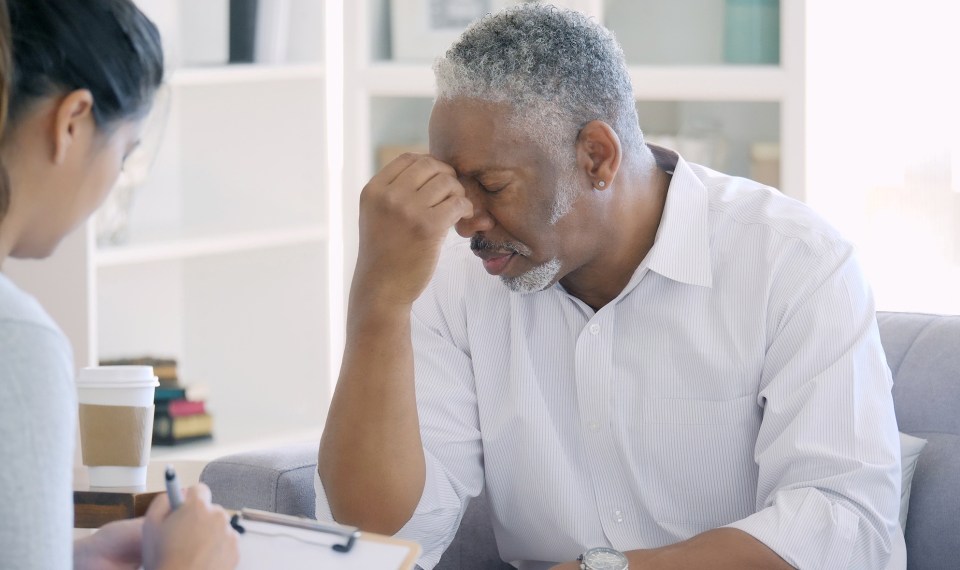It’s the symptom we forget to ask about, yet it is very common after a stroke, brain injury and among cancer patients. Fatigue. When we were young we could appreciate the “good tired” that we experienced after a vigorous workout. It passed quickly, and we bounced back to our energized self. However, after a stroke everything is more difficult to do and patients experience fatigue, which is very different than just being tired. In fact, 50 percent of stroke survivors list fatigue as one of their major complaints.
Fatigue after a stroke or during treatment for cancer is the overwhelming need to rest every day. It may come on suddenly with the desire to quickly find your favorite sofa, but unfortunately you are not refreshed by sleep or a nap. Your physical disabilities may make simple tasks more difficult. Walking to bathroom now takes a lot more energy. We also tend to forget that “thinking” takes more energy. It may be more difficult to remember things or read the newspaper. This can be exhausting.
When the stroke survivor goes for their follow-up visit with their primary care physician, a great deal of attention may be focused on their blood pressure, cholesterol levels and blood sugars. Did the right box on the electronic medical record get checked to show that you had your flu shot? Unfortunately, mention fatigue and you may be told it is something you will need to adjust to and tolerate. That is unfortunate because here are some things you can do to feel better and improve the quality of your life.
What Can You Do?
- First, take a hard look at your pill box and ask for your pharmacist or physician to check if any of your medications could be making you feel tired. Go online and check out each medicine as you will be surprised how many can cause apathy, depression or fatigue.
- Do you snore more at night? Sleep apnea is a risk factor for stroke, but also appears or worsens after a stroke. If you do, suggest to your doctor that you would like to be evaluated for a sleep disorder.
Things That Help
- Exercise. It sounds irrational. I am tired, so why would I want to exercise? Get out and walk. Start with a short walk to the mailbox and gradually increase your routine to at least three times a week.
- Sleep Habits. Get dressed every day and have a routine. Avoid long daytime naps. Those bright screens on your smart phone or tablet make watching shows in bed easy but will interfere with your sleep. No screen time for at least 30 minutes before you want to go to sleep.
- Alcohol. We used to believe that a glass of wine or shot of whiskey before bed was good for sleep. Not so—save that one glass of alcohol for no later than dinner.
- Depression. This is very common after a stroke or serious illness. Its onset may be delayed until you see your progress slow. Ask your spouse or family if they think you are depressed as they may be a better judge. This is a treatable condition.
- Stimulants. This is a bit controversial and you will need to discuss this with your physician. Many patients have found the “off label” use of drugs like methylphenidate (Ritalin) or Modafanil (Provigil) to be useful in treating fatigue after a stroke or during chemotherapy for cancer. These drugs increase attention and alertness, but are not for everyone.
This is just a start, but help is available.
The content of this site is for informational purposes only and should not be taken as professional medical advice. Always seek the advice of your physician or other qualified healthcare provider with any questions you may have regarding any medical conditions or treatments.



